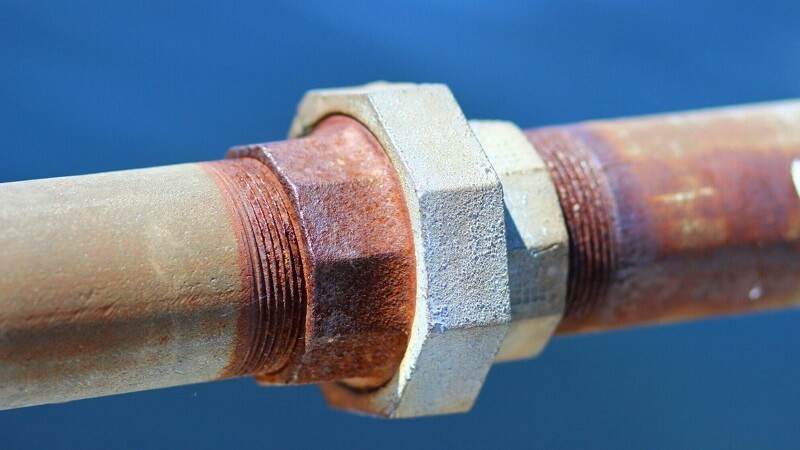Have you ever wondered why water pipes sometimes break? The truth is, broken water pipes are a common problem that can lead to messy situations, like flooding and costly repairs.
Water pipes can break for various reasons, but most of the time, these issues can be prevented with some simple maintenance and awareness. Understanding how to keep your water pipes in good shape is essential for any homeowner or renter.
In this article, you will discover the main reasons why pipes break and how you can avoid these problems. Read on to learn more.
Understanding Water Pipes and Their Vulnerabilities
Water pipes are vital to our homes, bringing fresh water for drinking, cooking, and bathing. However, these pipes can be susceptible to damage from various factors, such as temperature changes, corrosion, and even tree roots.
In colder areas, pipes can freeze, causing water to expand and ultimately burst. Additionally, old or rusty pipes are more likely to give in to pressure and lead to leaks. Let’s explore some common reasons why water pipes might break:
Temperature Changes
Extreme cold can cause water inside the pipes to freeze. When this happens, the ice expands and puts pressure on the pipe walls, sometimes leading to cracks or breaks.
Corrosion
Over time, pipes made of metal can corrode and weaken, leading to leaks. This is especially true for older homes where plumbing systems might not have been updated.
Tree Roots
Tree roots can invade underground pipes as they search for water. This invasion leads to blockages or even ruptured pipes.
Ground Shifts
Earthquakes, heavy rains, or even continuous rainfall can shift the ground and cause stress on the pipes, leading to breaks.
High Water Pressure
If water pressure is too high within the system, it can cause pipes to break or joints to leak. It’s crucial to monitor water pressure levels periodically.
Tips to Prevent Broken Water Pipes
Prevention is always better than cure, especially when it comes to maintaining water pipes. Here are some effective tips to keep your pipes safe and sound:
Insulate Your Pipes
Keep your water pipes warm during the winter months. Use foam insulation sleeves or wrap pipes with insulating material to prevent freezing. Pay special attention to pipes located in basements, attics, and exterior walls.
Regular Maintenance Checks
Conduct regular inspections of your plumbing system. Look for signs of corrosion, leaks, and unusual sounds from the pipes. This can help identify potential problems before they become severe.
Water Pressure Monitoring
Ensure your water pressure stays within safe levels, usually between 40-60 psi for most homes. If the pressure is too high, consider installing a pressure-reducing valve.
Clearing Drainage Areas
Make sure that any drainage areas around your home are clear of debris and leaves. This prevents water buildup, which can affect the stability of the ground and the pipes beneath.
Consult a Licensed Plumbing Professional
If you notice any unusual problems with your plumbing, don’t hesitate to reach out to a licensed plumbing professional. They can help diagnose issues early and provide necessary repairs.
Keeping Your Broken Water Pipes in Top Shape
Understanding the causes of broken water pipes and taking preventive measures can save you time, money, and headaches in the long run. Ensuring regular maintenance, monitoring for any signs of trouble, and knowing who to call in case of emergencies will make your plumbing experience much smoother. By following the tips outlined here, you can keep your pipes safe and your home well-protected.
For more helpful tips, check out the rest of our site today.

